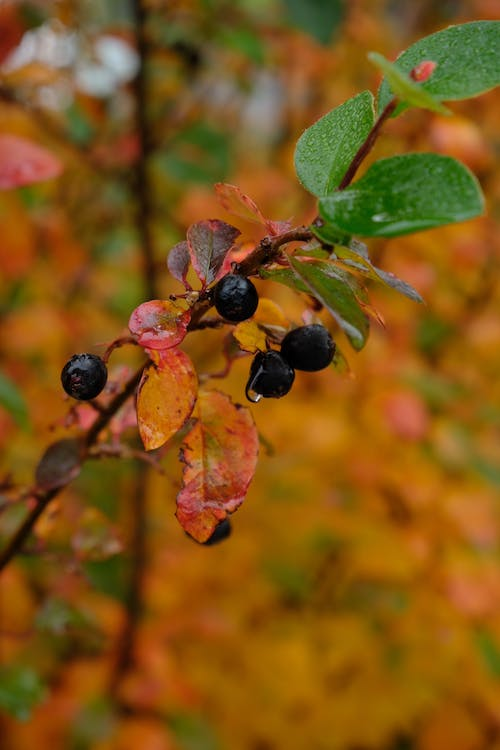Plant Spotlight: Aronia
Plant Spotlight:
Aronia - Aronia melonocarpa

Aronias or Chokeberries are one of the world's many super fruits. It's more potent nutrionally than blueberries and doesn't even require the low pH that blueberries need. They can tolerate a wide pH range, but ideally they range from 6-6.5. An journal from the National Library of Medicine said:
They are native to many of Eastern states including Kentucky. Which natives usually require less watering than non-natives. They like blueberries form a small shrub, so one way you can companion plant them is within about 6 feet of a fruit tree or nitrogen fixing tree such as Autumn olive, silverberry, goumi, seaberries, mimosa, and others. If you're planning to incorporate more super fruits into your garden and diet, consider aronias. Other temperate super fruits to consider as well are blueberries, goji berries, elderberries, and more.
Citation
Ren, Y., Frank, T., Meyer, G., Lei, J., Grebenc, J., Slaughter, R., Gao, Y., & Kinghorn, D. (2022). Potential Benefits of Black Chokeberry (Aronia Melanocarpa) Fruits and Their Constituents in Improving Human Health.

Comments
Post a Comment